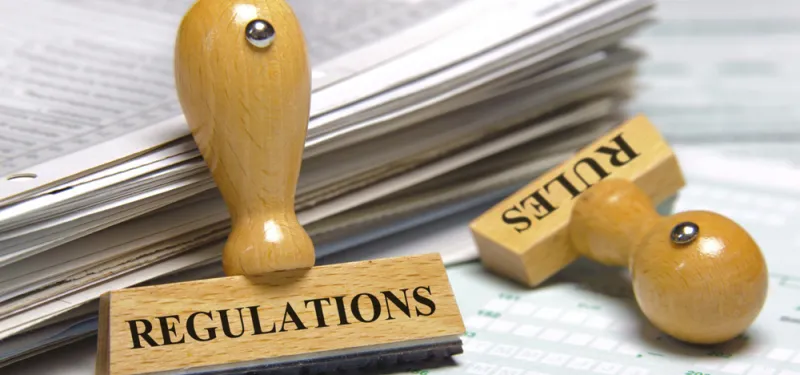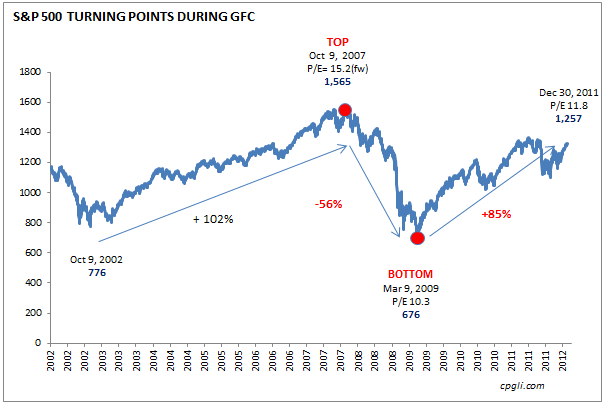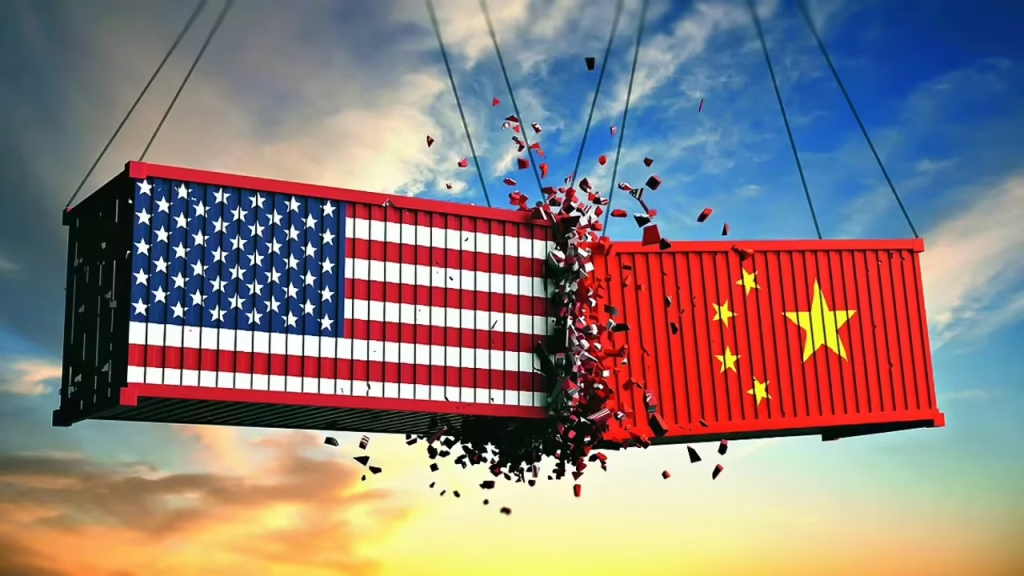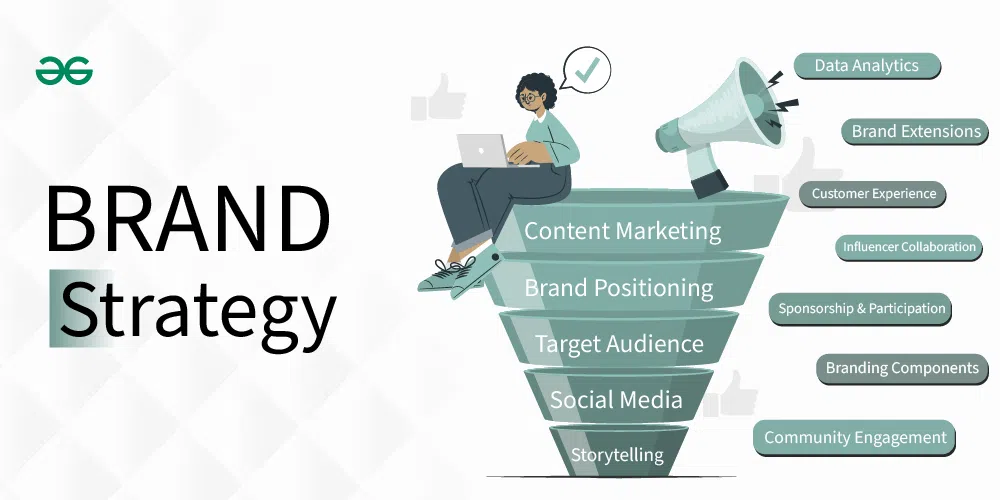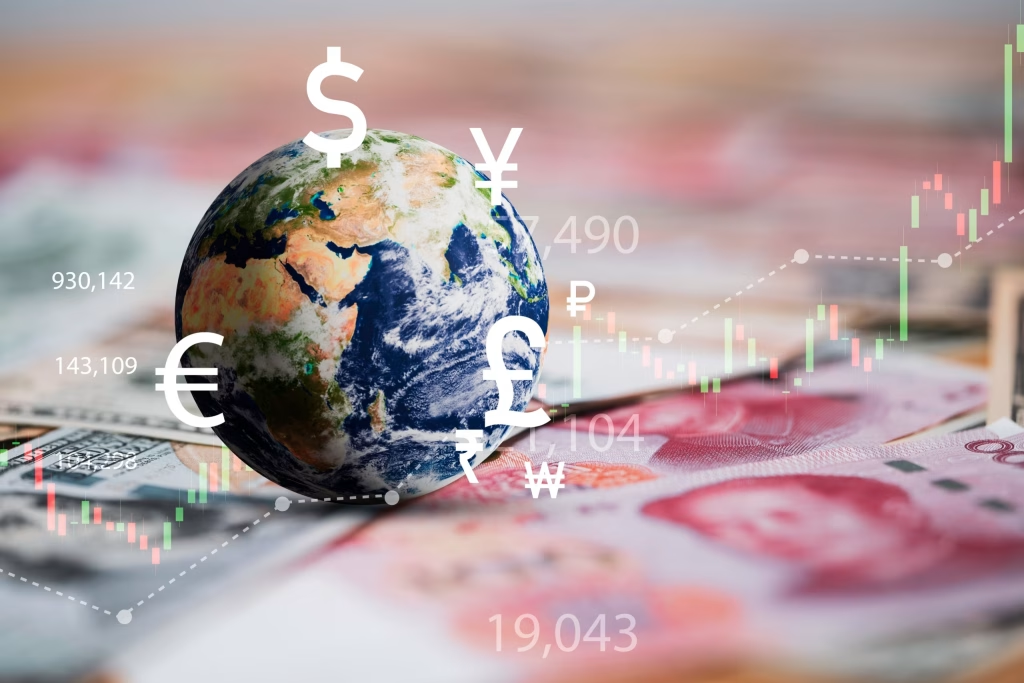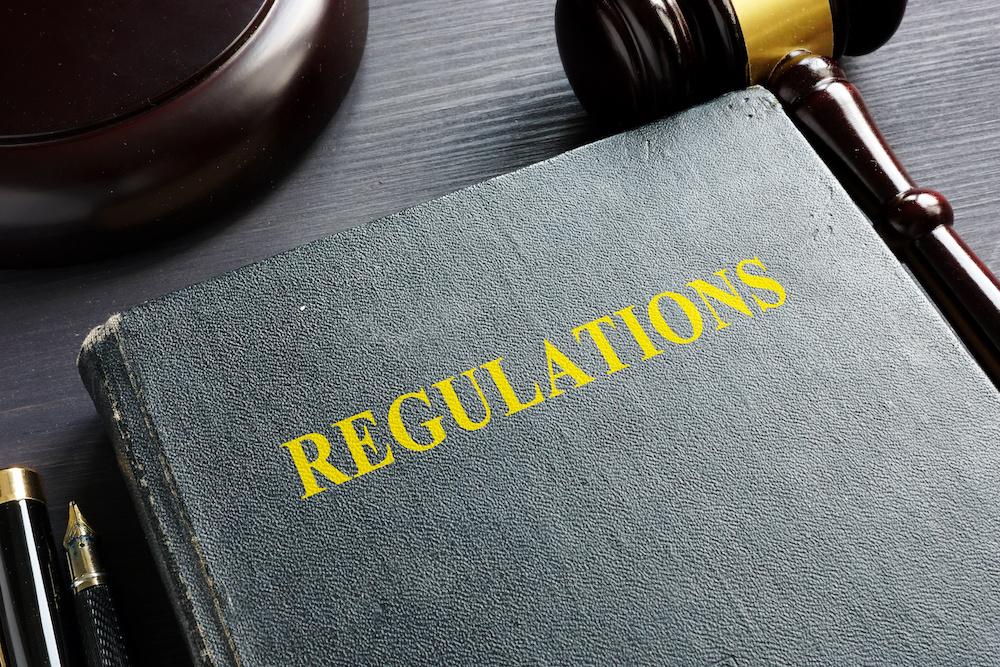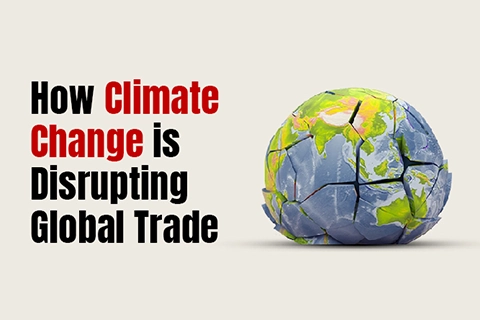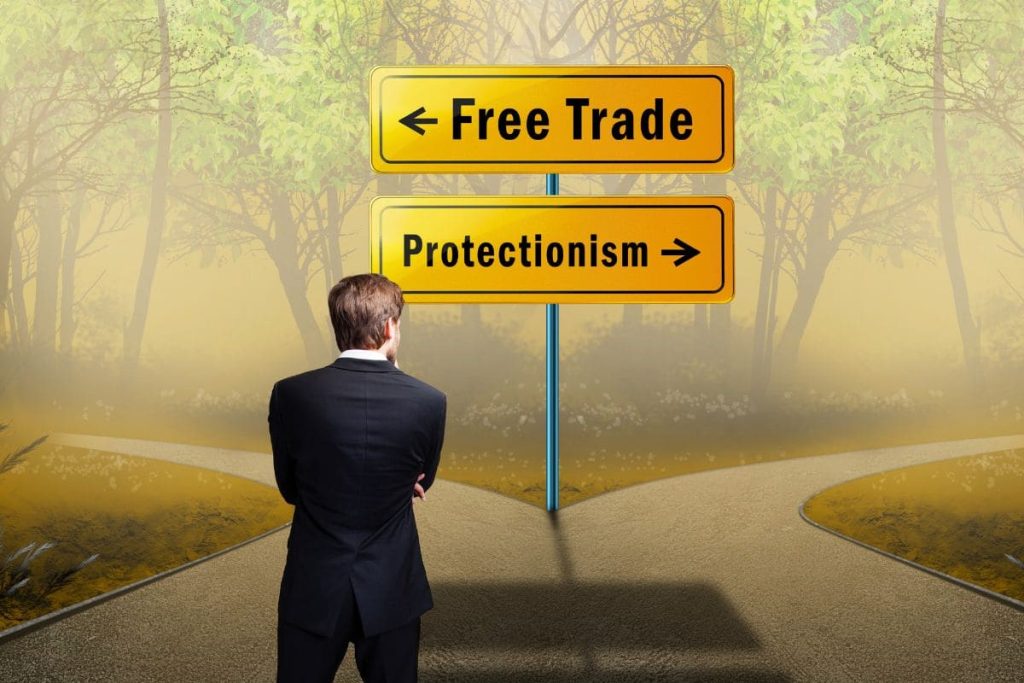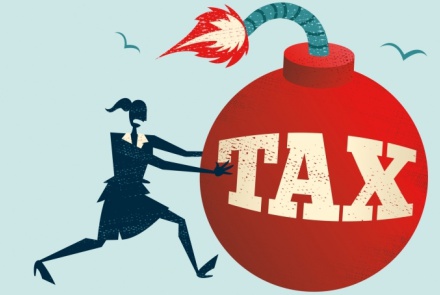
You’ve got a buyer, a quality product, and logistics ready to go—
But suddenly, your shipment is blocked. Why?
The answer could be international sanctions.
Cross-border sanctions aren’t just for big corporations or arms dealers.
Even small exporters can be affected, sometimes without knowing it.
Here’s what you need to know to avoid trouble, delays, or fines.
1. What Are Cross-Border Sanctions?
Sanctions are legal restrictions imposed by countries or international bodies like the UN, EU, or U.S. government.
They can target:
- Entire countries (e.g., North Korea, Iran)
- Specific regions (e.g., Crimea, parts of Syria)
- Certain companies, banks, or individuals
They can include bans on:
- Selling or shipping certain goods
- Receiving payments
- Engaging in contracts with sanctioned entities
2. Why Small Exporters Are at Risk
You might think, “We’re just a small business, sanctions won’t affect us.”
But even SMEs can get caught up if they:
- Sell to a distributor who resells to a sanctioned region
- Accept payments through a blacklisted bank
- Ship via a route that passes through restricted zones
Penalties can include confiscated goods, blocked payments, or legal action.
3. How to Stay Compliant
✅ Screen your buyers: Use global watchlists like OFAC (U.S.), EU Sanctions Map, or UN databases to check your clients and partners.
✅ Know your destination: Double-check whether the end country or intermediary locations are under any sanctions.
✅ Use secure payment channels: Work with banks that do sanctions checks automatically.
✅ Work with freight forwarders familiar with sanctions law.
4. Watch for Sector-Based Sanctions
Some sanctions are industry-specific—like restrictions on:
- Energy products
- Electronics and semiconductors
- Dual-use goods (items with both civilian and military uses)
- Agricultural or food safety-related goods
✅ Tip: If your product has technical or strategic value, get extra legal advice before exporting.
5. What If You Break Sanctions—Even by Accident?
Most governments won’t accept “I didn’t know” as an excuse.
But being proactive helps. If you realize you’re at risk:
- Pause the shipment immediately
- Report to the relevant authority in your country
- Cooperate fully with any investigation
Prevention is always better than reaction.
Conclusion
Cross-border sanctions are complex—but ignorance isn’t a defense.
With proper checks, reliable partners, and a good understanding of trade restrictions, small exporters can safely grow their business without crossing any legal lines.

